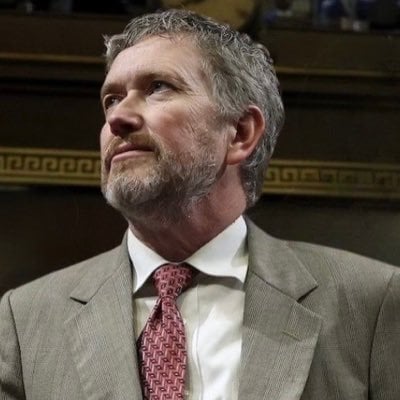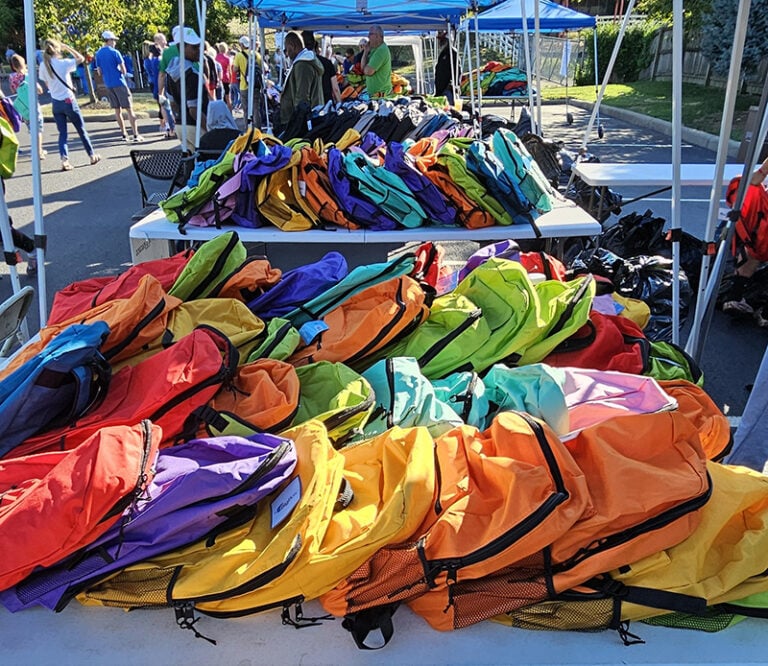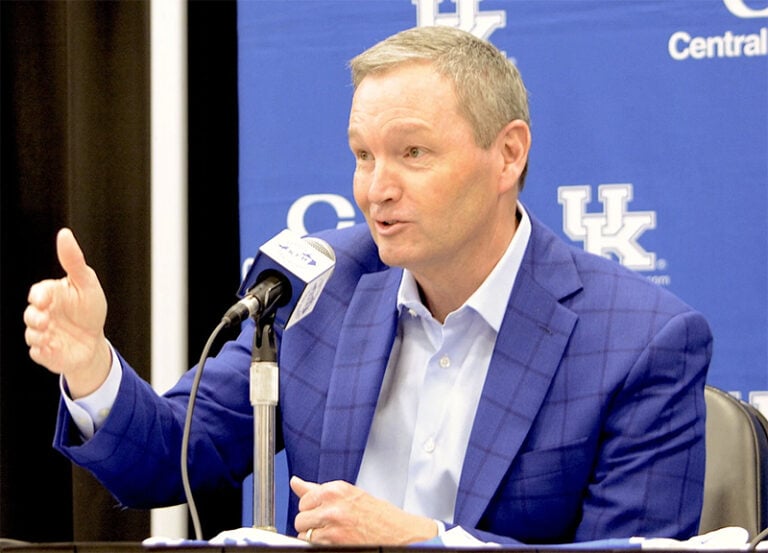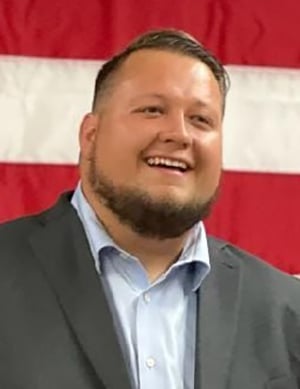
By Paul A. Tenkotte
Special to NKyTribune
Some businesses are so much a part of the landscape and culture of our region that they help define us. One such business is Izzy’s Delicatessen. Izzy and Rose Kadetz sold much more than great sandwiches. They sold atmosphere and a bit of theatrics too.
David Kadetz left the antisemitism and economic turmoil of Russia to make a new life in the United States. He came to Cincinnati, Ohio, where he worked as a cook at the Sinton-St. Nicholas hotel on Fourth Street. In 1901, he opened a delicatessen at Sixth and Vine Streets in Cincinnati, Ohio, possibly the first kosher deli west of the Alleghenies. In October 1909, he married Sarah Gordon, also an émigré from Russia.
On October 18, 1913, Sarah gave birth to Isadore “Izzy” Kadetz in the family’s apartment above the restaurant. By the 1920s, David moved his restaurant to 637 Central Avenue. The deli was small by today’s standards, sitting 36 customers at tables and another 11 at the counter. It was kosher, and became known for its corned beef, sauerkraut, dill pickles, matzo ball soup, cabbage soup, barley soup, kishke, and latkes (potato pancakes). They sold cigars as well.
In the tradition of centuries of European shopkeepers, David was hard-working but a bit stubborn, and enjoyed a good argument with his customers. But he was generous as well. A friend remarked of him that “He never refused food to poor but worthy persons.”
In 1929, the nation entered the Great Depression. Two years later, in December 1931, David died of a heart attack, leaving his wife and four sons, Isadore “Izzy,” Paul, Charles, and William. Izzy, then 18 years old, joined his mother in operating the deli and in caring for his three younger brothers.
In October 1936, Izzy Kadetz married Rose Casuto, also of Jewish heritage. The ceremony was officiated by Rabbi Eliezer Silver (1882-1968), who later became an international hero, overseeing efforts that succeeded in saving thousands of Jews during the Holocaust. Rabbi Silver later presided at Sarah Kadetz’s funeral in November 1941.

Izzy served in the US Army during World War II, appropriately overseeing an officers’ club. Returning home, he reassumed management of the family delicatessen, which became increasingly popular. Many Hollywood stars appearing at the posh Beverly Hills Supper Club stopped by the deli when in town, including Joey Bishop, Jack Carter, and Buddy Hackett.
Generous and hard-working by nature, Izzy nonetheless continued the tradition of his father in arguing with customers. The restaurant was a stage where Izzy and Rose were the actors, yelling back and forth to one another, and sometimes at each other. Prices weren’t set. In fact, the menus didn’t have any prices listed. Customers simply told Izzy what they had ordered. Izzy might charge a beautiful lady less for a sandwich than a well-dressed businessman. And if it looked like a customer was chowing down on too many pickles, he was apt to charge them a dime more.
Urban renewal forced Izzy Kadetz to move his restaurant to 819 Elm Street in January 1965. At that time, the restaurant ceased being strictly kosher. As Izzy’s health began to fail in the late 1970s, his son David assumed more responsibility for the deli. In July 1982, the Kadetz family opened a second location, in the Gwynne Building at Sixth and Main Streets in Cincinnati. John Geisen became the manager of the Main Street location, and in 1988, the President of Izzy Kadetz, Inc.
In March 1983, Izzy Kadetz died. The Kadetz and Geisen families are continuing to carry on the tradition of quality food and excellent service that customers have come to expect. Currently, there are nine Izzy’s locations in Cincinnati and Northern Kentucky, where you can still enjoy a range of delicious foods.
We want to learn more about the history of family businesses in our region (Cincinnati and Northern Kentucky). If you would like to share your rich history with others, please contact the editor of “Our Rich History,” Paul A. Tenkotte, at tenkottep@nku.edu.
Paul A. Tenkotte is Professor of History and Director of the Center for Public History at NKU.

















